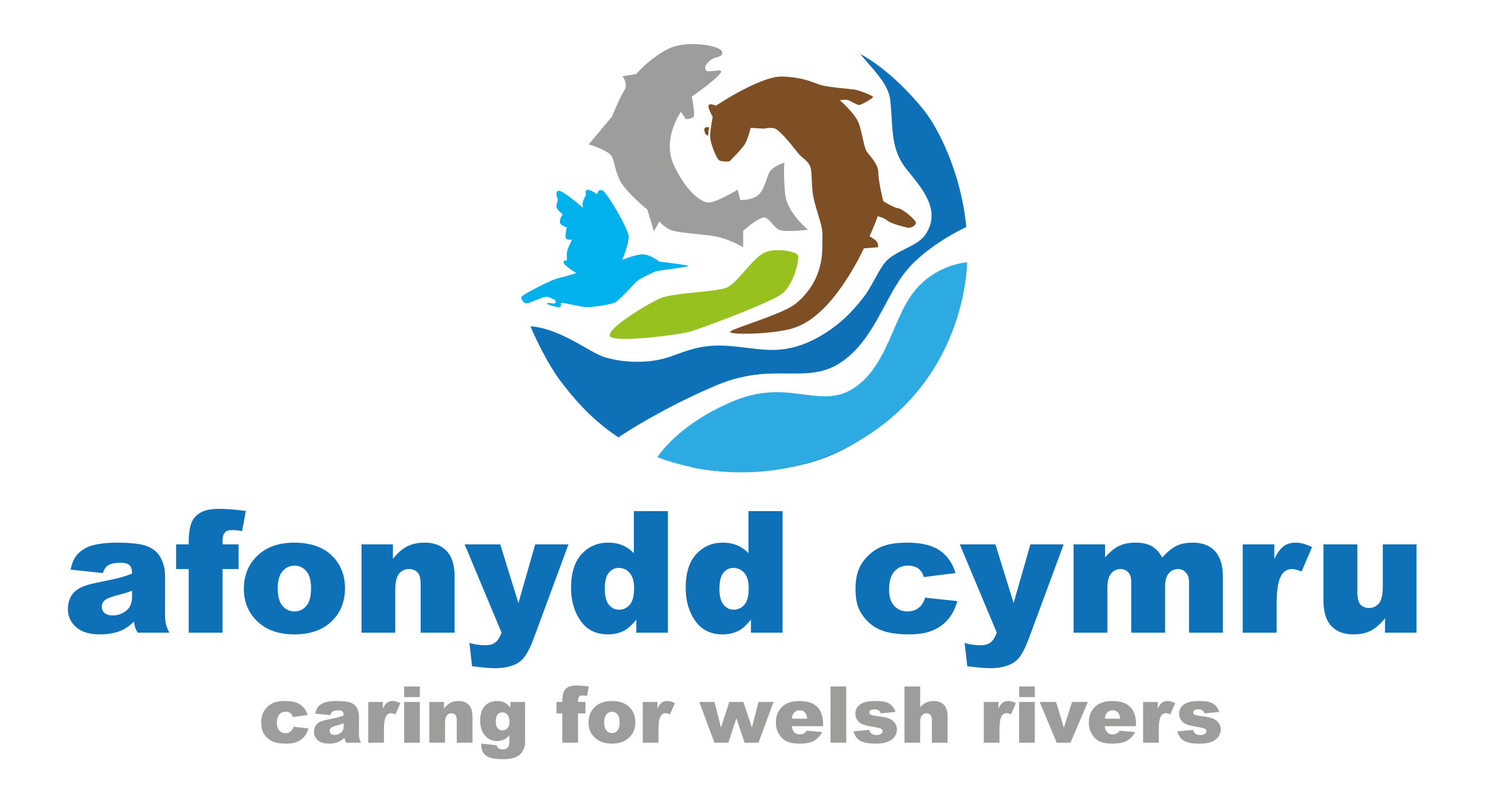Afonydd Cymru’s Position
The Bathing Water Regulations 2013 place an annual duty on Welsh Ministers to identify bathing waters in Wales for designation. Historically, this has resulted in over 100 bathing water sites being designated on the coastal waters of Wales. The Welsh Government’s most recent “Programme for Government” made a commitment to begin to designate Wales’s inland waters for recreation.
Since the COVID lockdowns, there have been growing calls to increase the number of official Bathing Water sites in Welsh rivers and lakes in recognition of the increase in use of rivers for swimming.
Designation of bathing waters requires the waters to be monitored throughout the bathing season by Natural Resources Wales for two microbiological parameters: intestinal enterococci and E.coli. Local authorities are also required to maintain facilities to support the activity, such as signage, toilets and safety equipment. This includes notification of whether the waters are safe to swim in.
Afonydd Cymru wants clean and healthy rivers for every community in Wales. We support the use of our rivers for all sorts of recreational purposes as long as the use does not compromise protected species and habitat on the river.
The Bathing Water Regulations 2013 were written with a focus on coastal bathing, and we do not believe that relatively infrequent monitoring of only microbiological parameters on inland waters is sufficient to protect the health and well-being of recreational users on rivers. It fails to acknowledge the additional impacts of other pollutants in the river such as pharmaceuticals and chemicals (domestic and agricultural) which may also impact human health when little to no dilution may occur. It also provides no requirement for pollution incident reporting upstream of bathing sites.
We believe that sites should only be deemed potentially suitable after consideration has been given to microbiological quality, other pollutants known to be harmful to humans, the safety of the site and damage/disturbance to flora and fauna.
We are also concerned that designation of inland bathing waters is not linked to water company investment programmes and does not therefore identify the required investment necessary in the five-year planning cycles to ensure that the necessary improvements can be made. This may result in the de-designation of sites and impact the future use of the site. Afonydd Cymru would therefore like to see a mechanism to allow for additional investment to be sought to support designation of inland waters, where necessary.
However, regardless of their bathing water status in the future, the ecological health of all Welsh rivers is the priority and they warrant environmental protection first and foremost.
Afonydd Cymru, May 2024
